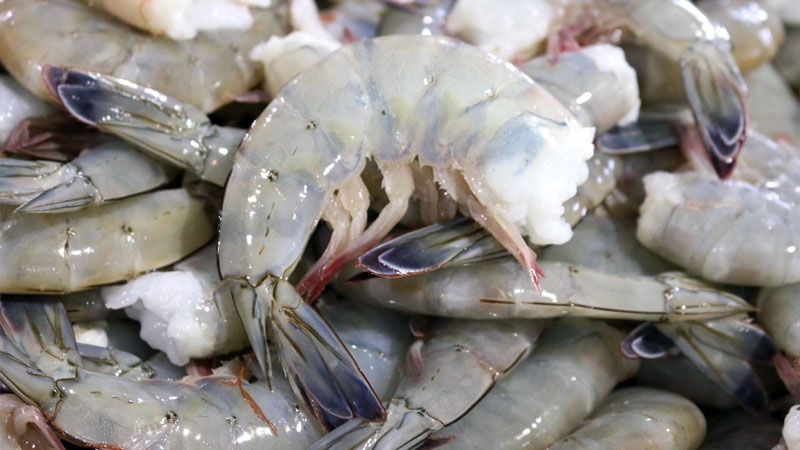Exclusive content

Efforts by the federal government to restrict the importation of farmed shrimp into Mexican territory have hit a roadblock due to the continued illegal introduction of Ecuadorian shrimp. Despite measures taken to curb this issue, the Mexican shrimp industry is facing significant challenges.
Challenges Persist Despite Government Intervention
Last December, President Andrés Manuel López Obrador highlighted that shrimp is not covered under the Free Trade Agreement between Mexico and Ecuador. However, despite this acknowledgment, the illicit entry of shrimp into the country persists. Miguel Ángel Castro Cosío, president of the Aquaculture Health Committee of the State of Sonora (Cosaes), revealed that despite union demands and border closures, the illegal influx of shrimp continues unabated, adversely impacting local producers.
The influx of farmed shrimp from Ecuador poses a significant threat to Mexican producers. With Ecuador being a major shrimp producer, churning out over a million tons annually at a notably lower price, local producers find it increasingly difficult to compete. The ability of Ecuadorian shrimp to flood the Mexican market with cheaper alternatives severely undermines the competitiveness of local production.
Economic Ramifications and Job Losses
The repercussions of this situation extend beyond economic losses for local producers. There is a looming threat of disinvestment within the sector, potentially leading to job losses and economic downturns in regions heavily reliant on aquaculture. The specter of job losses among food marketers and shrimp larva producers looms large, further exacerbating the economic strain.